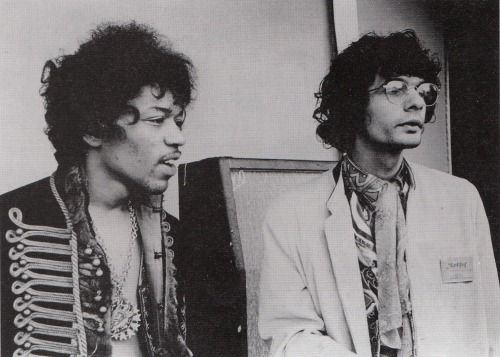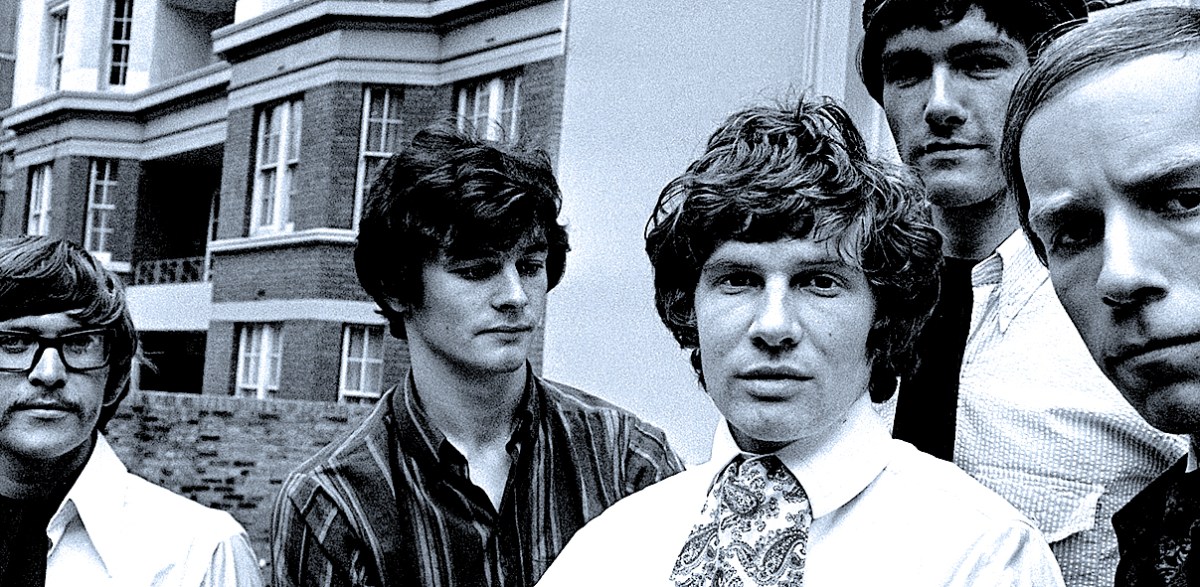Ronnie Van Zant: “I confess, those songs are there to
cause some controversy. I like looking for trouble. I mean, I always dug
Neil Young and we’ve been friends ever since the song came out. It was just there to provoke a little excitement. Ya gotta catch the audience off guard to keep ’em
listening.”
I was never going to post this song because it is one of the most overplayed songs in rock history. I still like Ed King’s opening riff…it’s so crisp and clear. The Turn It Up phrase was a mistake. Van Zant was telling the engineer to turn up the volume in his headphones…they liked it so they kept it.
While writing this post I listened to the song around 5 times in headphones. I noticed things that I’ve overlooked through the years just because I was so familiar with it. The song has some great hooks, riffs, and piano fills. Forget the lyrics…the music for this song is full of catchy runs. I heard things I never heard before…I now know why it was a hit.
In a rehearsal for the first album Gary Rossington was playing around with the simple D-C-G chord structure and Ed King added the main intro. They knew they had something special and it was written in a few minutes. After writing this Van Zant said, “this is our Rambling Man” in reference to the Allman Brothers’ rare hit single. The song ended up on the second album (Second Helping) and became a breakout hit for the band.
The song peaked at #8 on the Billboard 100, #6 in Canada, and #31 in the UK in 1974. The band was very popular in the UK.
There’s absolutely zero doubt Sweet Home Alabama was a revenge song—a rebuttal to Neil Young’s Alabama and Southern Man…for the sweeping generalization of all southerners as bigots past and at that time present by Neil. Neil even admits this now.
Neil Young: “My own song ‘Alabama’ richly deserved the shot Lynyrd Skynyrd gave me with their great record. I don’t like my words when I listen to it. They are accusatory and condescending, not fully thought out, and too easy to misconstrue.”
There is also an easter egg in the song. After Van Zant sings “Well I heard Mr. Young sing about her” you can hear what sounds like Neil Young singing Southern Man out of the left speaker…it’s Al Kooper the producer imitating Young. You need headphones to hear it.
This song did not start any bad feelings between the two singers in fact it drew them closer. Neil was a fan of Van Zant and Van Zant was a fan of Neil and wore his shirt many times. Neil Young sent Ronnie Van Zant the song Powderfinger for the band to record but the plane crash put an end to that. Young performed Sweet Home Alabama one time only at a benefit less than a month after the plane crash as a tribute to them.
Just as Bruce Springsteen’s Born In The USA was misinterpreted, this song was also. The line about George Wallace has drawn controversy… In Birmingham they love the governor (Boo, Boo, Boo). Some ignored the boo’s, and at first thought, they endorsed the guy.
Ronnie Van Zant: “Wallace and I have very little in common, I don’t like what he says about black people.”
In the Watergate lyrics, it’s been said that Van Zant was saying the north made mistakes also. The Swamper’s lyrics are about the Muscle Shoals recording band with Jimmy Johnson.
The backup singers were Merry Clayton and Clydie King. Merry Clayton was on Gimme Shelter and amazingly enough…Southern Man by Neil Young.
The band would also dive into gun control with “Saturday Night Special” and saving the environment with “All I Can Do Is Write About It.”
Ronnie Van Zant: “We thought Neil was shooting all the ducks in order to kill one or two. We’re southern rebels, but more than that, we know the difference between right and wrong.”
Sweet Home Alabama
Big wheels keep on turning
Carrying me home to see my kin
Singing songs about the southland
I miss Alabamy once again
And I think it’s a sin, yes
Well I heard Mr. Young sing about her
Well I heard old Neil put her down
Well I hope Neil Young will remember
A southern man don’t need him around anyhow
Sweet home Alabama
Where the skies are so blue
Sweet Home Alabama
Lord, I’m coming home to you
In Birmingham they love the governor (boo, boo, boo)
Now we all did what we could do
Now Watergate does not bother me
Does your conscience bother you?
Tell the truth
Sweet home Alabama
Where the skies are so blue
Sweet Home Alabama
Lord, I’m coming home to you
Here I come Alabama
Now Muscle Shoals has got the Swampers
And they’ve been known to pick a song or two
Lord they get me off so much
They pick me up when I’m feeling blue
Now how about you?
Sweet home Alabama
Where the skies are so blue
Sweet Home Alabama
Lord, I’m coming home to you
Sweet home Alabama (Oh sweet home baby)
Where the skies are so blue
Sweet Home Alabama (Lordy)
Lord, I’m coming home to you
Yea, yea











 .
.